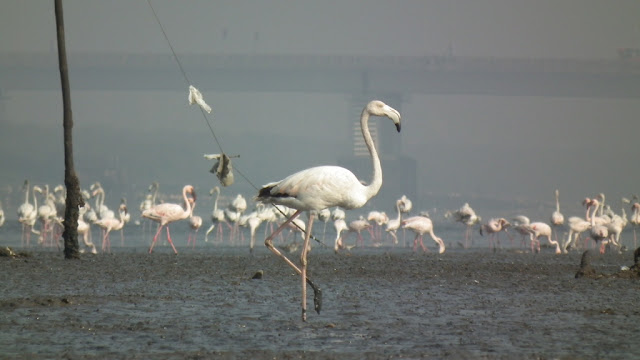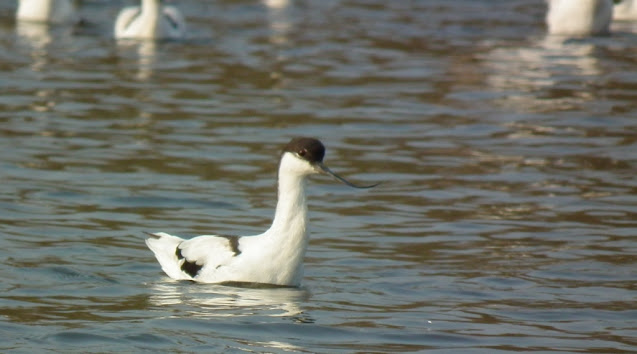One of
the most important aspects in conservation is creating awareness about the
risks of environmental degradation that is caused by modern lifestyles. There
is excessive consumption of goods to satisfy our desires, which in turn is
leading to depletion of scarce natural resources and enormous destruction of
the environment. Use of plastics is just
one of the outcomes of our consumptive lifestyle.
Last week, I had a look at my niece Sarah's project on "Awareness on Plastics" for the Homi Bhabha exams. She won a silver medal for her efforts. Part of it is reproduced below:
We are all addicted to plastic, especially plastic bags! That's because they are convenient. However, we all too conveniently ignore their polluting effects.
Consequences of convenience Almost all plastics are made from petroleum based products, a non renewable natural resource.
Manufacturing and recyling plastics releases harmful toxins into the air. These cause air pollution and lead to green house effect.
Plastics are non-biodegradable , hence they pollute the soil.
Carried by the wind, plastic bags are seen everywhere; these bags are eaten by animals and cause manifold problems even leading to death. Plastic bags in lakes, rivers and oceans disturb marine ecosystems. Loose plastic bags can cause blocking of sewage drains.
Plastics containers used for water and food packing by the hotel industry have been shown to release chemicals over a period of time.
What can be done
Say NO to plastic bags, especially the thin, flimsy bags used by small retailers and vegetable vendors; carry your own jute or cloth bags.
Although stopping use of all plastic is not possible, you can REDUCE the use of plastics in all forms.
Use stainless steel, glass or metal food containers, even though it might be slightly heavier to carry.
Wherever possible, use glass or metal water bottles.
Use pots made of earth for your terrace garden.
On picnics and parties, avoid using plastic (or thermocol) cups, glasses and plates.
Stop improper disposal of garbage. Separate dry and wet garbage; do not throw plastic bags into the water bodies
Stop "throw-away" culture. Do not throw plastic bags from cars, buses and trains. Our highways and rail routes are already huge garbage bins.
Photograph location: Bhandup creek
Pied Avocet / Spot-billed duck
Purple-rumped Sunbird (female)
Lesser and Greater Flamingos
Short-toed Eagle
Be the change: Save our Earth; save ourselves














